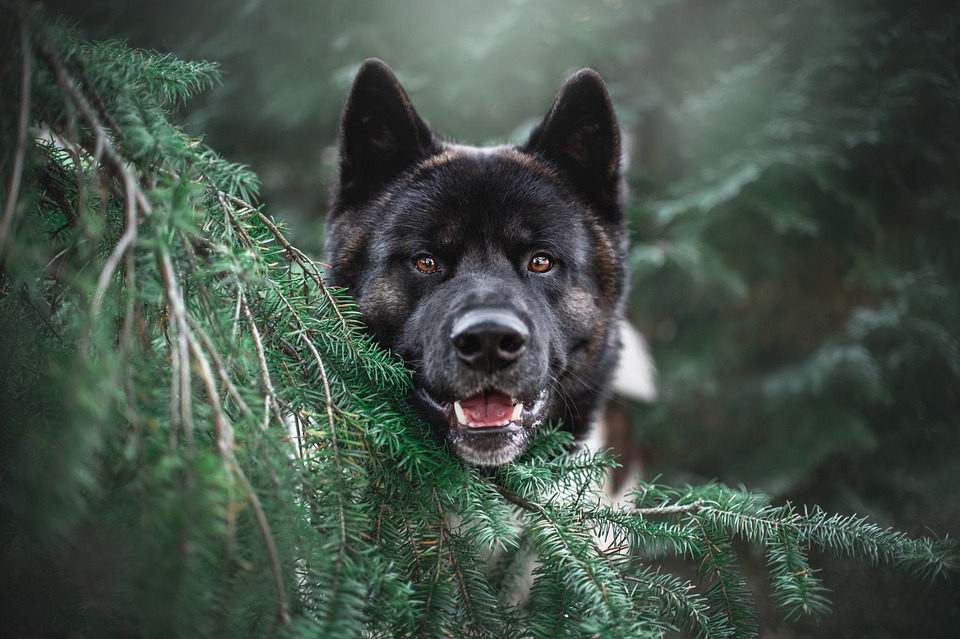
Dutch Shepherd
The Dutch Shepherd is a medium-sized dog with a flat skull, straight triangular ears, and deep almond-shaped eyes. Originating in the Netherlands, this breed is often confused with German Shepherds and Belgian Malinois. Although they share a similar lineage, this less common breed is considered easier to train and can make an excellent family pet in an active home.
Dutch Shepherd History
Like most shepherd dogs, the Dutch Shepherd was originally bred for its herding skills. They are sometimes known as Dutch Shepherds. In the 19th century, they were in demand in Holland due to the extensive farming and livestock rearing. Their versatile abilities meant they were often used as farm guard dogs as well. Their strength allowed them to pull carts.
The first breed standard was recognized in 1898, and in 1914, it was updated to only accept brindle coloring. This helped clearly distinguish them from their German and Belgian shepherd relatives.
By the early 20th century, farming was becoming more industrialized, and land reclamation was common. These modern farming techniques meant that the skills of the Dutch Shepherd were no longer in demand. During World War II, breeding largely stopped, and many dogs were killed as a result of the fighting. These remarkable dogs nearly went extinct. Although enthusiasts restarted breeding programs after the war, the Dutch Shepherd is still considered a rare breed today. When not adopted as pets, they are often used by police and military for search and rescue and as service dogs.
Breed Statistics
- Breed Group: Herding
- Origin: Netherland
- Size: Medium
- Height: Males: (22.5-25.5 Inches); Females: (21.5-24.5 Inches)
- Weight: 55-75 pounds
- Lifespan: 11-14 years
- Coat: Short, Long and Rough Coat Varieties
- Training: Highly trainable
- Exercise: High
- Color: Brindle
- Energy Level: High
- Maintenance Level: High
- Shedding Level: moderate
- Temperament: Highly affectionate, loyal and obedient
Dutch Shepherd Health Issues
Although generally a healthy breed, they can face a few specific health issues. Investing in pet insurance can help cover any veterinary expenses that arise.
- Hip Dysplasia: This is a common issue among many large breeds, especially shepherds, and the Dutch Shepherd is no exception. A good breeder will conduct health checks for this.
- Goniodysgenesis: This condition involves restricted fluid flow in the eye. In extreme cases, it can result in blindness. Although rare, this condition appears to affect the breed’s rough-haired variety. Again, good breeders screen for this condition in the parents.
- Inflammatory Myopathy: Recent studies have identified another hereditary disease specific to Dutch, known as inflammatory myopathy. It is progressive and involves rapid muscle degeneration. There is no cure, but it is possible to screen the parents’ health to protect the puppies from this disease.
Caring Dutch Shepherd
The Dutch Shepherd is a highly intelligent and loyal breed, suitable for various tasks due to its versatility. With high energy levels, they need plenty of regular exercise—around 90 minutes to two hours each day—and mental stimulation. They excel in activities like agility and obedience.
While loving with family, Dutch Shepherds can be cautious around strangers at first. Socializing your Dutch Shepherd puppy is crucial to ensure they are comfortable around new people. Their grooming needs are moderate due to their short to medium-length coat, and their unique brindle pattern adds to their distinct appearance.
Dutch Shepherd Training
Dutch Shepherds excel in training that challenges their intelligence, physical ability, and strong work ethic. Success comes with positive reinforcement and consistency.
Pet parents should match their dog’s energy levels, ensuring regular exercise to maintain focus during training and prevent boredom-related issues. Collaborating with a skilled trainer familiar with working dogs can meet the breed’s specific training needs and yield better results.
Like all dogs, begin socializing your Dutch Shepherd puppy as soon as you bring them home to ensure they are comfortable in new situations.
Conclusion
Dutch Shepherd is a remarkable breed known for its intelligence, loyalty, and versatility. While they may face some health challenges, proper care and responsible breeding can help to reduce these issues. Their high energy levels and need for mental stimulation make them ideal for active families who can provide plenty of exercise and training. With their unique brindle coat and distinctive features, They are not only visually striking but also make excellent companions, whether as family pets or working dogs. Socializing them from a young age ensures they are well-adjusted and comfortable in various situations, allowing their friendly and cautious nature to shine.
